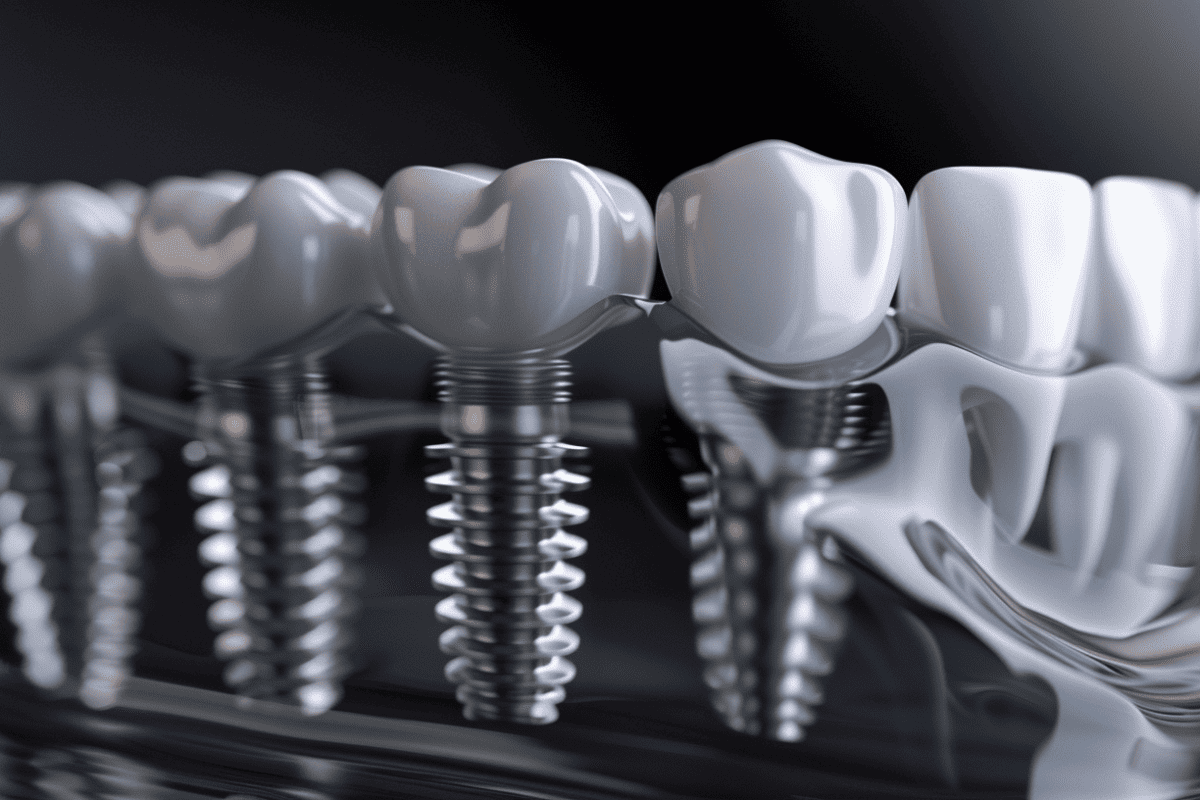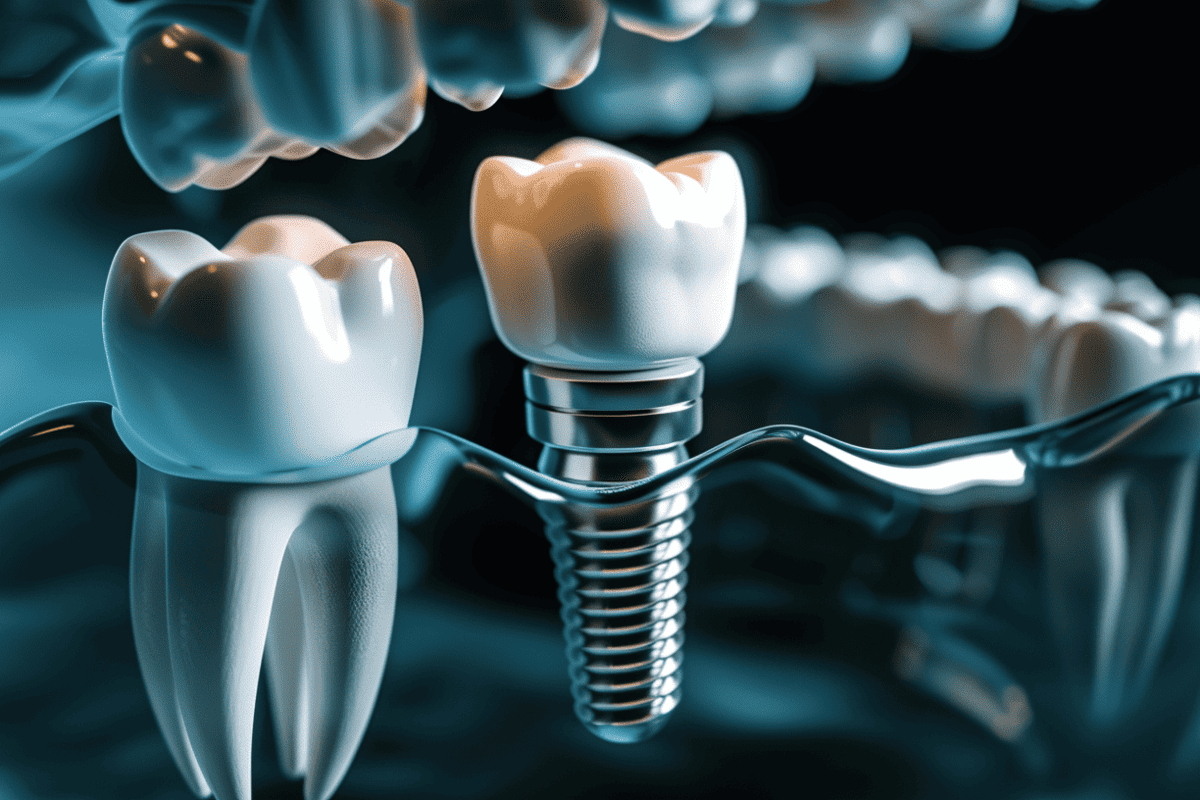Tooth sensitivity is very common and can range from a mild twinge to severe discomfort. If your teeth are aggravated by hot, cold, sweet, or acidic foods and drinks or cold air, you most likely have sensitive teeth. In this article, we outline what causes sensitive teeth, how to prevent sensitivity, and how tooth sensitivity is treated.
Causes
Our teeth have a layer of enamel that protects the softer layer of dentin underneath. Sensitivity occurs when the tooth enamel wears away and this layer of dentin is exposed. This is because when dentin is exposed, stimuli are able to reach the nerves and trigger pain.
The causes of enamel wear, and hence, sensitivity due to exposed dentin, are as follows:
- Brushing too hard leads to abrasion which wears away enamel.
- Acidic food and drink such as fruit juices erode and dissolve the enamel, exposing the dentin.
- Gum recession – gums naturally recede with age, leaving the dentin and roots of the teeth exposed as the gums pull away from the teeth.
- Gum
disease – a buildup of plaque causes the gums to inflame and recede and even destroy the bone supporting the tooth, exposing the root and causing sensitivity. - Tooth grinding – clenching and grinding the teeth wears away enamel.
- Cracked tooth – cracks in the tooth exposes dentin.
Prevention
To prevent your chances of sensitivity, you should brush your teeth twice a day for two minutes with a fluoride sensitivity toothpaste and floss once a day, making sure not to brush too hard. Keeping your teeth clean will prevent cavities, receding gums, and gum
Avoid consuming acidic, sugary, fizzy, hot, and cold food and drink, and don’t brush directly after eating as some food and drink can soften the enamel. If sensitivity is a result of grinding and clenching, your teeth, try to avoid grinding your teeth.
Treatment
Sensitivity can be treated at home with a low-abrasion, high-fluoride sensitivity toothpaste which will help desensitise the painful area and re-build protection to reduce sensitivity.
Your dentist can apply fluoride varnish, gel, or rinse to the teeth to seal and cover the exposed area and reduce sensitivity.
Your dentist will treat your sensitivity based on its cause. They can fill a crack in the tooth with a filling to cover the exposed dentin. If sensitivity is a result of gum
If you are suffering from tooth sensitivity, you should book an appointment with your dentist who will be able to assess your teeth, determine the cause of sensitivity, and decide the best treatment to alleviate your pain.
This post was written by Da Vinci Dental Clinic, a private dentist offering high-quality, affordable dentistry for everyone.
This post has been sponsored by Da Vinci Dentistry
Digital Health Buzz!
Digital Health Buzz! aims to be the destination of choice when it comes to what’s happening in the digital health world. We are not about news and views, but informative articles and thoughts to apply in your business.



One comment
monika
September 17, 2019 at 1:05 pm
Thank you for sharing such a nice and informative blog and your knowledge with us.
http://www.dentalexcellencedelhi.com